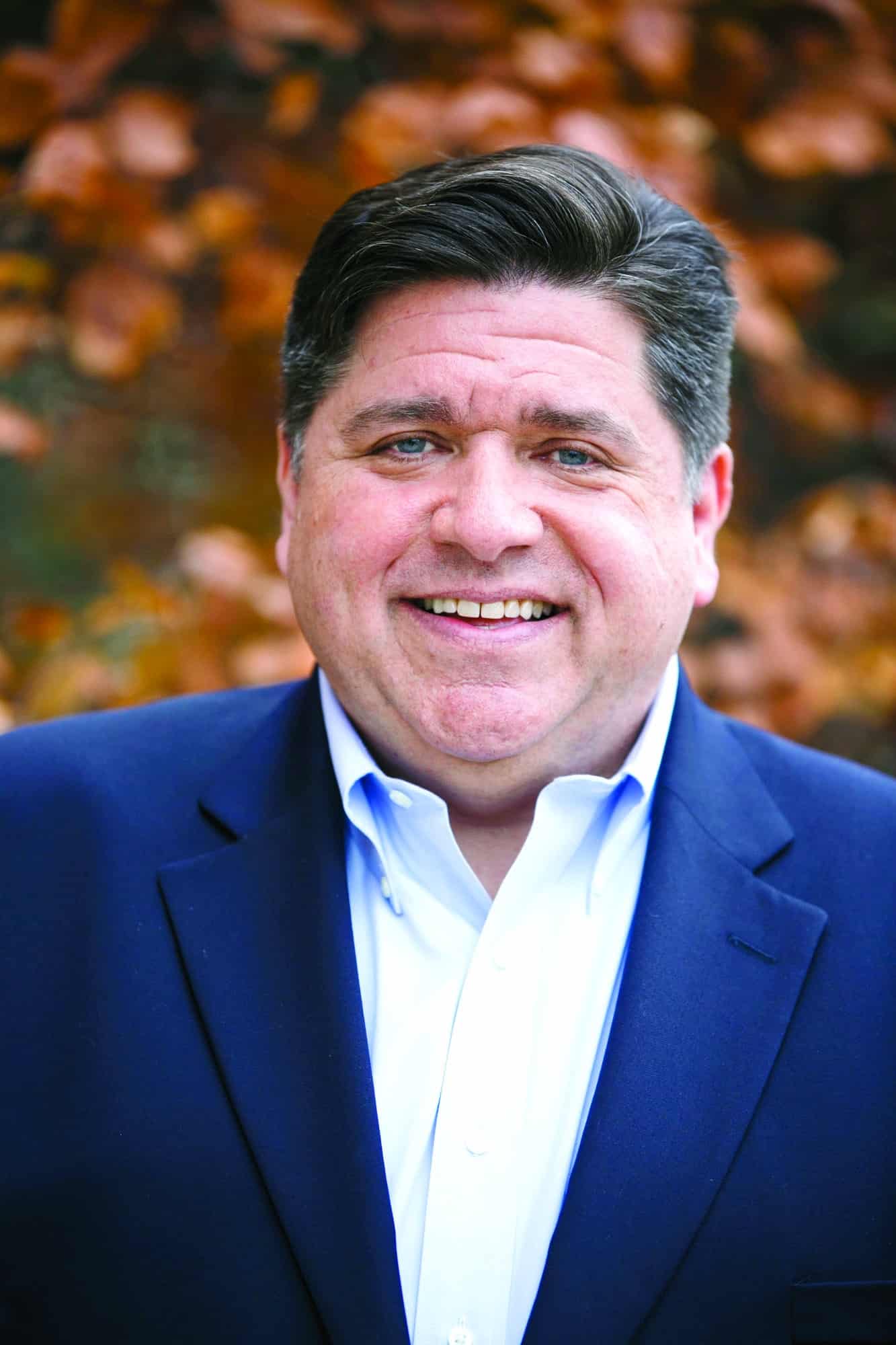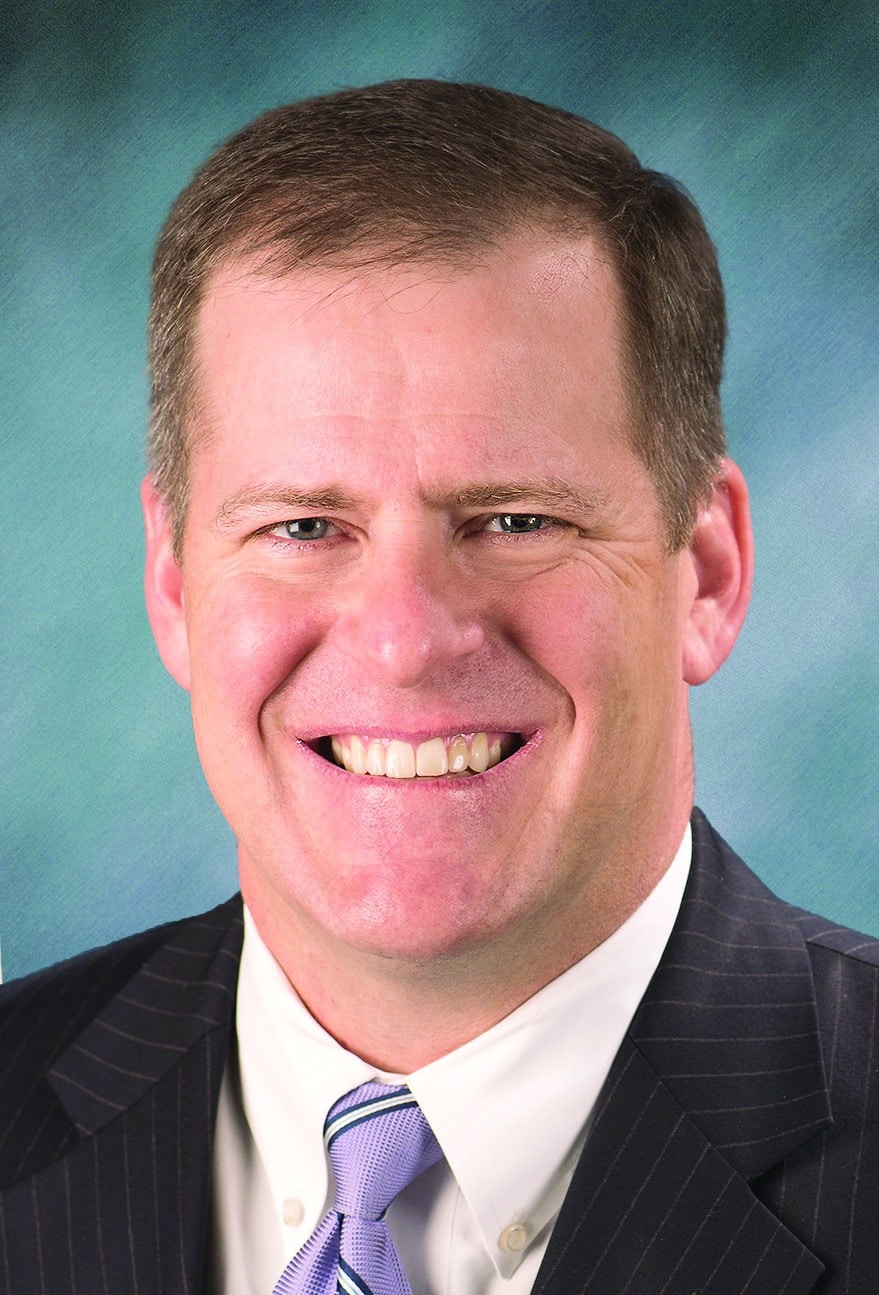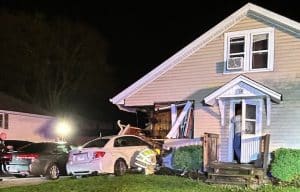Local pushback on Pritzker’s order
Gov. JB Pritzker
Paul SchimpfJohn Wagner
Gov. JB Pritzker said Thursday that he plans to extend Illinois’ stay at home order until the end of May with some modifications.
“Make no mistake, Illinois has saved lives. By staying home and social distancing, we have kept our infection and death rates for the months of March and April thousands below the rates projected had we not implemented these mitigation strategies,” Pritzker said. “I know how badly we all want our normal lives back. But this is the part where we have to dig in and understand that the sacrifices we’ve made as a state to avoid a worst-case scenario are working — and we need to keep going a little while longer to finish the job.”
That move, however, has been met by criticism and, in one case, a lawsuit from leaders in southern Illinois.
As infections and deaths rise above 48,000 and 2,000, respectively, State Sen. Paul Schimpf (R-Waterloo) is among the downstate leaders arguing Pritzker should take a more regional approach to slowing the spread of the coronavirus rather than a statewide executive order.
“Gov. Pritzker rationalized extending his shut-down order for another 38 days based on a false choice between the status-quo and a dangerous, complete, immediate reopening of our state that is advocated by no one,” Schimpf said. “I and many other legislators would have preferred that the governor recognize the regional differences that exist in our state, empower local officials to determine safe practices and procedures for their own areas and provide a pathway back to normalcy.
“The people of Illinois have a capacity for sacrifice that is deep, but not unlimited. They deserve more than the continued one-size-fits-all approach.”
Monroe County Health Department Administrator John Wagner agreed with Schimpf, pointing out on Thursday that 33,854 of the Illinois residents with COVID-19 lived in Chicago, Cook, Will, Kankakee, DuPage, Kane, Lake and McHenry counties, which are all near Chicago.
That means the other 3,080 individuals with the virus are spread throughout the rest of the sate.
“Another way to look at it is Illinois is approximately 57,915 square miles and over 91 percent of the positive cases are ‘quarantined’ in a 6,004-mile radius,” Wagner argued. “But the other 51,911 square miles of Illinois have only 9 percent. Does a one-size-fits-all response make sense?”
State Rep. Darren Bailey (R-Xenia) disagreed with Pritzker’s extended order so strongly that he filed a lawsuit in Clay County Circuit Court arguing that Pritzker overstepped the authority provided him by the Emergency Management Act.
The judge in the case, Michael McHaney, ruled in Bailey’s favor Monday, making Bailey exempt from the order by giving him a temporary restraining order that removes him from the jurisdiction of Pritzker’s order.
That order only applies to Bailey because he filed the lawsuit as a private citizen, but anyone can follow in his footsteps because the case sets a legal precedent.
“Enough is enough,” Bailey said after filing the lawsuit. “I filed this lawsuit on behalf of myself and my constituents who are ready to go back to work and resume a normal life.”
Pritzker, whose administration appealed the decision, blasted Bailey in his daily press conference on Monday, saying Bailey’s actions are “an insult to all Illinoisans who have been lost and a danger to millions of people who may get ill.”
A second state representative, John Cabello (R-Machesney Park), filed a similar lawsuit to Bailey’s in Winnebago County Circuit Court. This suit asks the judge to block the extended stay at home order from applying to Cabello and “all citizens similarly situated.”
Illinois Attorney General Kwame Raoul responded to Bailey’s lawsuit on Wednesday.
“There is no question that the COVID-19 pandemic has forever changed our state, and government must balance the critical need to save lives with the economic hardships being felt by residents throughout Illinois,” Raoul said. “Governors have historically renewed disaster declarations to meet the challenges of disasters that last longer than 30 days without objection, and a pandemic should be no different.”
Pritzker also addressed calls from downstate leaders to take a more region-specific approach.
“That’s just not how this virus operates,” Pritzker said of those who consider the coronavirus a Chicago-only problem. “COVID-19 knows no county or regional boundaries. It’s clear that some people are simply looking at the number of cases in a county, and not looking at the infection rate.”
Pritzker said that two of the top five infection rates in the state are in downstate counties – including Randolph.
He also said the two highest death rates per capita are in southern counties, one of which is Monroe.
“That means you’re more likely to die of COVID-19 if you live in either of those two counties than if you live in Chicago or in Cook County,” Pritzker said. “When these factors are taken into account, the overall picture around COVID-19 in Illinois is quite different than many have assumed.”
Wagner took issue with Pritzker singling out Monroe County.
“What (Pritzker) so conveniently did not mention is that all but one of the deaths in Monroe County is due to the outbreak at (the) Garden Place assisted living facility,” Wagner said. “This in itself shows that the governor is more concerned about the appearance of treating the whole state as one rather than taking a regional-specific approach that are supported by the numbers.”
Barring any legal setbacks, the modified stay at home order begins May 1 with several changes.
All those ages 2 or older will be required to wear a mask or face covering when in an indoor public place and unable to maintain a distance of six feet from others.
Essential businesses and manufacturers will also be required to supply face coverings for employees who cannot remain six feet apart and take other precautions like staggering shifts or limiting the number of people in a building.
Additionally, greenhouses, garden centers, nurseries and animal grooming services will be allowed to reopen as essential businesses and non-essential retail stores will be able to reopen to fulfill phone and online orders for pick-up and delivery.
Surgi-centers and hospitals will also be allowed to perform certain elective surgeries for non-life-threatening conditions.
As for outdoor recreation, fishing and boating in groups of no more than two people will be permitted and golf will be permitted under strict safety guidelines provided by the Illinois Department of Commerce and Economic Opportunity and when ensuring that social distancing is followed.
State parks will have a phased reopening.









